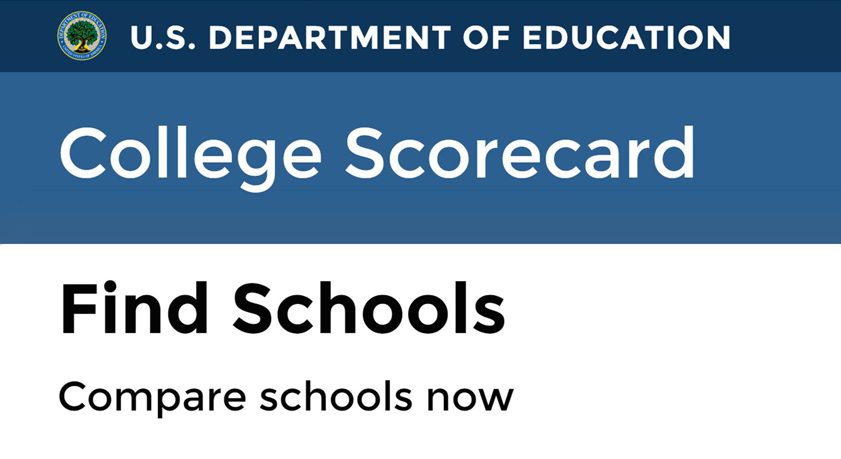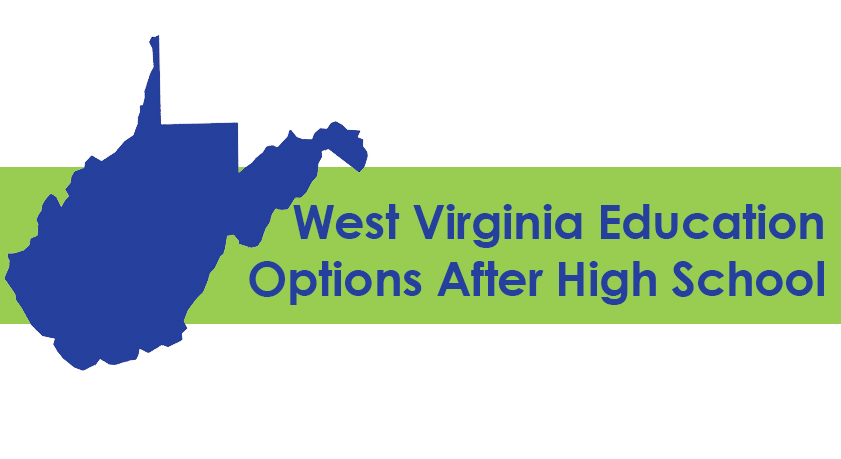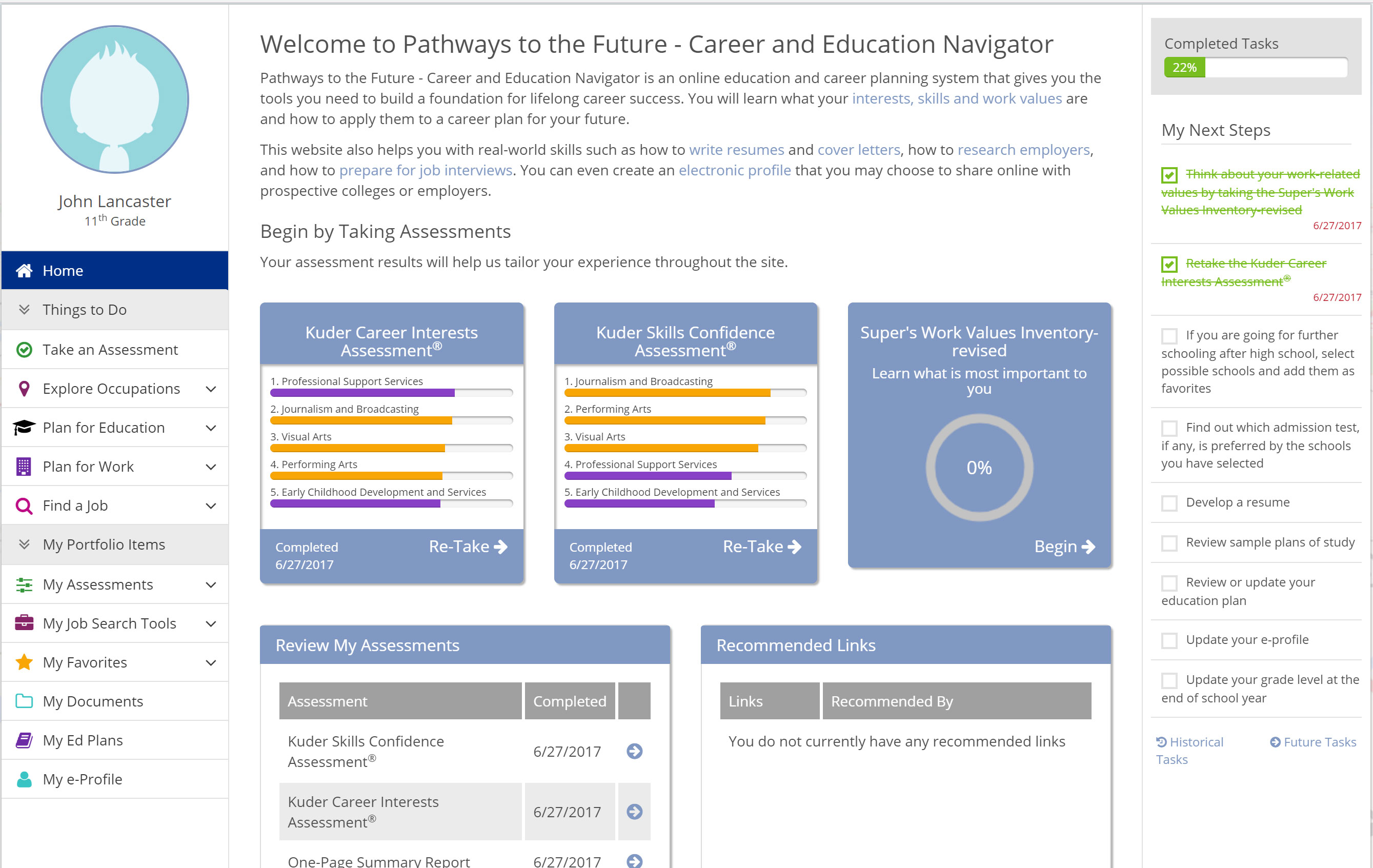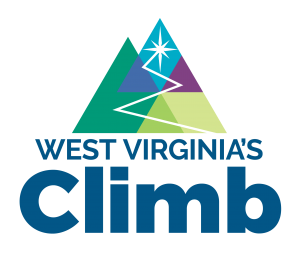Transition is the journey from high school to adult life. Transition planning should begin when you are 14 years old or even earlier (or later if you haven't started yet!). Transition planning includes your goals for working, learning, and living once you leave high school. The process is based on your needs and should consider your strengths, preferences, and interests. All students (and families) should plan for life after high school. You should also consider what supports and accommodations you might need at your job, school, home, or community.
Career Planning (Working): What jobs or careers interest you? What knowledge, skills and experience do you need to obtain a job in your chosen field? There are many people who can help you gain work experience, training, or other assistance along the way.
Education Planning (Learning): What training or education do you need after high school? Consider where you want to go to school, how to pay for it, and what courses you should take before leaving high school.
Independent Living (Living): Where do you want to live after high school? Will you be in a college dorm, apartment, or at home? What type of assistance will you need? Managing money, navigating transportation, cooking, and home repairs are all skills you may need.

Search and compare schools in the United States. Includes graduation rates, tuition costs, programs and areas of study.

Browse a list of current post-secondary schools in West Virginia. The list is sorted by two year/associate degree programs, four year college/university and graduate schools, certificate programs and more. Includes offices/contacts for accessibility services where available.

Federally-funded national center in the U.S. for college and graduate students with any type of disability, chronic health condition, or mental or emotional illness.


Pathways to the Future - Career and Education Navigator
Check out My Pathways Navigator to learn about yourself, explore careers, develop an education plan, and create your own portfolio! Create an account and sign in to get started!
Browse a list of learning/education related activities and resources.
The West Virginia Legislature just made paying for a high-quality certificate or associate degree a whole lot easier through the creation of the WV Invests Grant program! Sometimes referred to as the "free community college" bill, this is a "last dollar in" program - which means students use all of their other federal and/or state grant awards first, and WV Invests will cover the remaining costs for tuition and fees at West Virginia community and technical colleges. With 3/4 of jobs in the current economy requiring postsecondary education or training, this grant program is designed to help more West Virginians earn the credentials they need to get jobs that will allow them to live and work right here at home.
Visit the West Virginia Invests website to learn more about this exciting new opportunity!
WorkForce WV
Workforce WV offers valuable employment and training services to help you with your job hunt.
WV Division of Rehabilitation Services
WV Division of Rehabilitation Services counselors can help high school students with disabilities prepare and plan for their working future.
WV Adult Education
WV Adult Education helps adult learners gain skills needed to obtain a job, advance in their current job, or enter a new career field. The core academics include reading, mathematics, English, and computer skills.

West Virginia’s Climb is a collaborative effort between higher education, the West Virginia Department of Education, WorkForce West Virginia, and the private sector to increase the state’s educational attainment rate.
Visit the Climb website to follow our progress or learn about how you can help West Virginia climb!
College completion initiatives that support this shared goal include:
15 to Finish – Promoting on-time degree completion by encouraging students to take a full course load of at least 15 credit hours per semester
Transfer & Articulation – Easing the credit transfer process for students and clearing the path to a degree